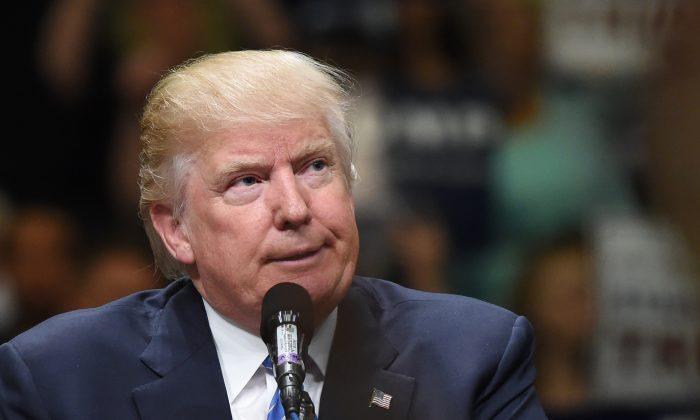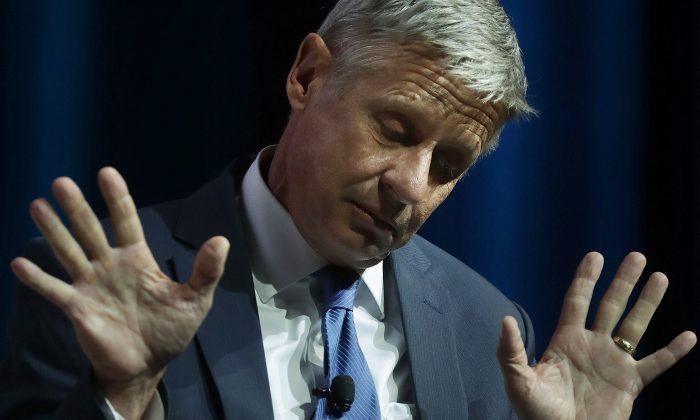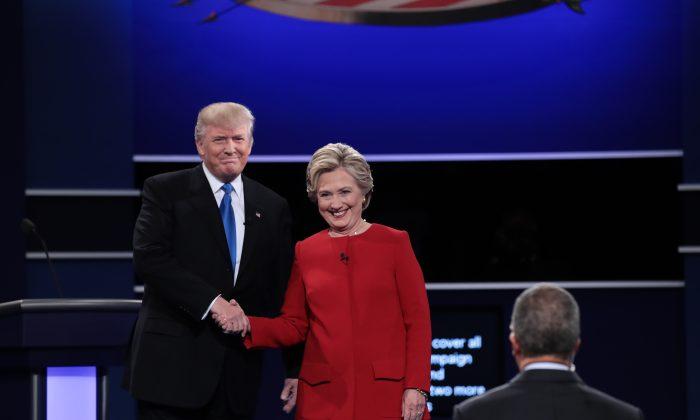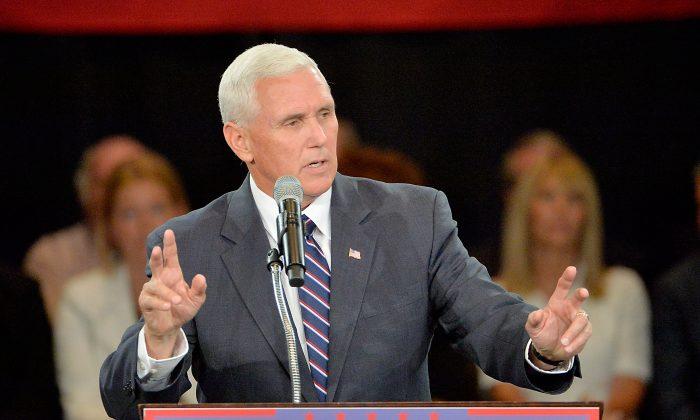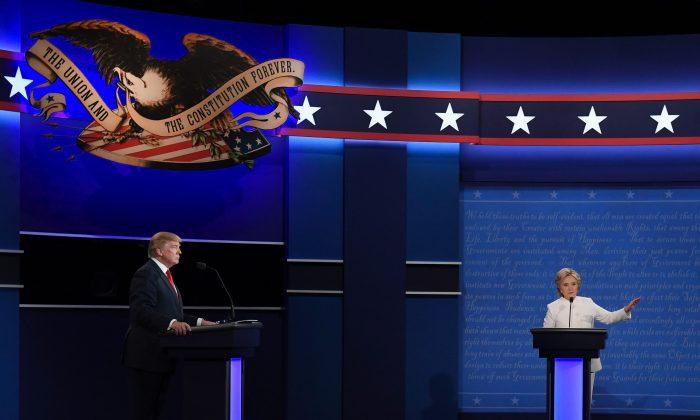Donald Trump’s campaign has signaled that it’s ready to move past the comments about Judge Gonzalo Curiel, but other prominent Republicans are having difficulty explaining their continued endorsements.
The two most powerful Republican leaders—Speaker of the House Paul Ryan and Senate Majority Leader Mitch McConnell—have condemned Trump’s statement, but not Trump’s candidacy.
“Claiming a person can’t do their job because of their race is sort of like the textbook definition of a racist comment,” Ryan said at a press conference, adding that he still prefers Trump over presumptive Democratic nominee Hillary Clinton.
McConnell did not call the comments racist, but he did condemn them, calling the comments “outrageous and inappropriate” in a PBS interview.
Ryan and McConnell have both given muted endorsements for Trump’s candidacy, but have expressed concern in the past about other controversial statements made by the nominee.
This leaves the Republican leadership with an awkward choice: stand with a nominee whose statements have been denounced as “racist” and “inappropriate” by the current party leaders, or break with the primary voters who chose him as the nominee.
The range of responses by the party fall into three camps: criticize the statements, but remain committed to Trump’s candidacy; criticize both the statements and disavow any prior endorsement for Trump; or remain unclear about an endorsement going forward.
Some Republican figures have taken more extreme stances, including defending the comments, and, in one case, leaving the Republican party.
The most adamant supporter of Trump’s comments was also the first of the Republican leadership to endorse Trump: New Jersey Governor Chris Christie.
Christie now stands as one of the only major Republican figures who has stood by Trump’s statements, defending him and speaking out against those who accuse the Republican nominee of being racist:
“People are always gonna express their opinions. Those are Donald’s opinions and he has the right to express them… I know Donald Trump, I’ve known him for 14 years and Donald Trump is not a racist. And so, you know, the allegations that he is are absolutely contrary to every experience that I’ve had with him over the last 14 years.”
On the other side of the issue, Iowa Senator David Johnson (R) has suspended his Republican registration in protest over the remarks, changing his party preference to “no party”:
“I will not stand silent if the party of Lincoln and the end of slavery buckles under the racial bias of a bigot,” Johnson said, referring to Trump.
Johnson’s response is extreme in comparison to the rest of the party—but the sentiment has been expressed by a growing number of critical Republican voices.
Senator Lindsey Graham also expressed a critical voice, imploring other Republicans to use this as an “off-ramp” for their support of Trump:
“This is the most un-American thing from a politician since Joe McCarthy,” Graham told The New York Times. “If anybody was looking for an off-ramp, this is probably it,” he added. “There'll come a time when the love of country will trump hatred of Hillary.”
More Republicans are being pressured to take a side on the matter, but the majority are refusing to comment or giving neutral answers, like Iowa Senator Chuck Grassley:
“I would not say what Trump said. And if you didn’t like the judge, you ought to file to go into the court and make the motions to get a new judge if you think they’re unfair,” Grassley said on NBC.
Grassley later compared Trump’s comments about Judge Curiel to a statement frequently made by U.S. Supreme Court Justice Sonia Sotomayor that a “wise Latina” could render a better legal conclusion than a white male with different life experiences.
Trump, who has said that he’s been “disappointed and surprised” by the response from the GOP leadership, issued a statement saying that the remarks were “misconstrued” vowing to not “comment on this matter any further.”
